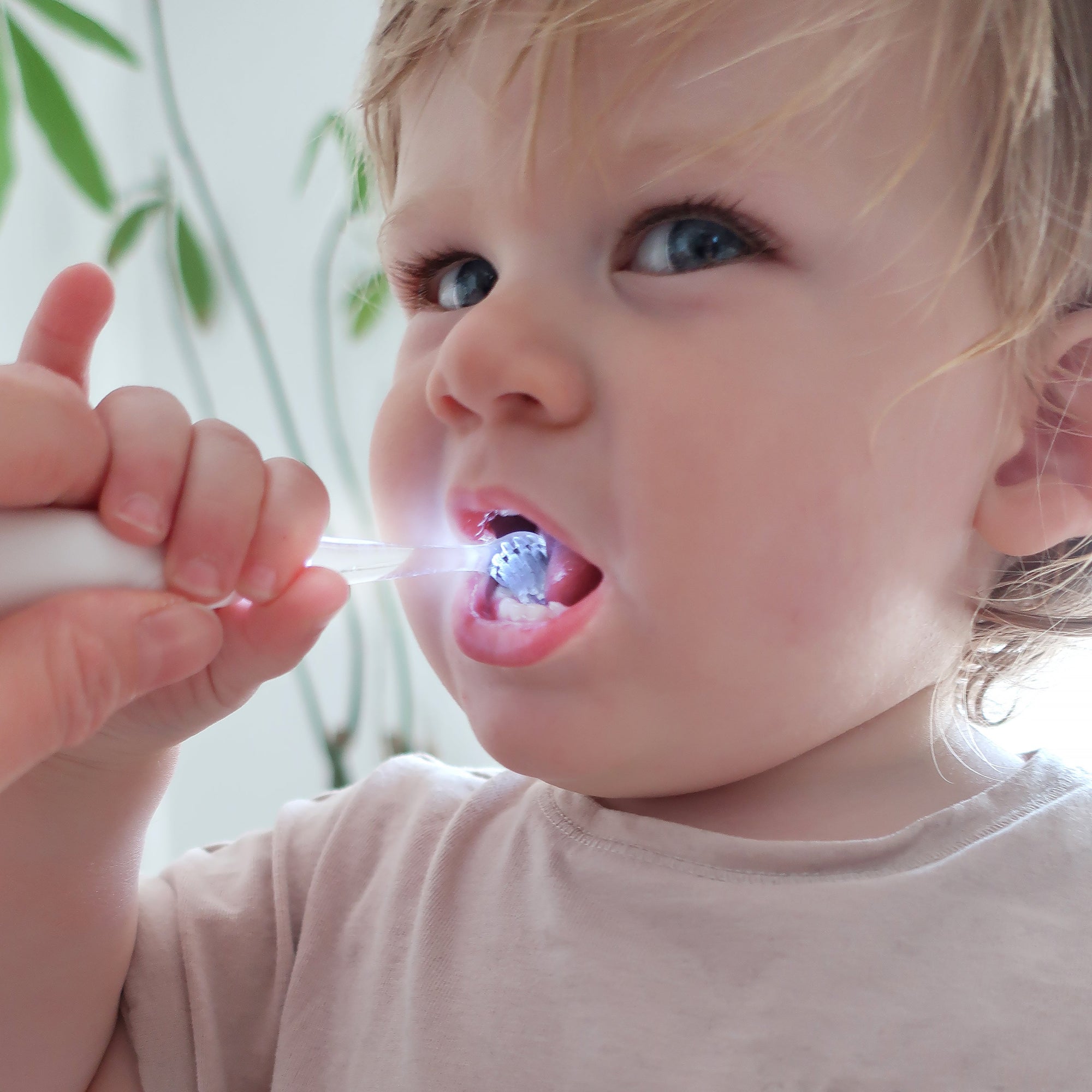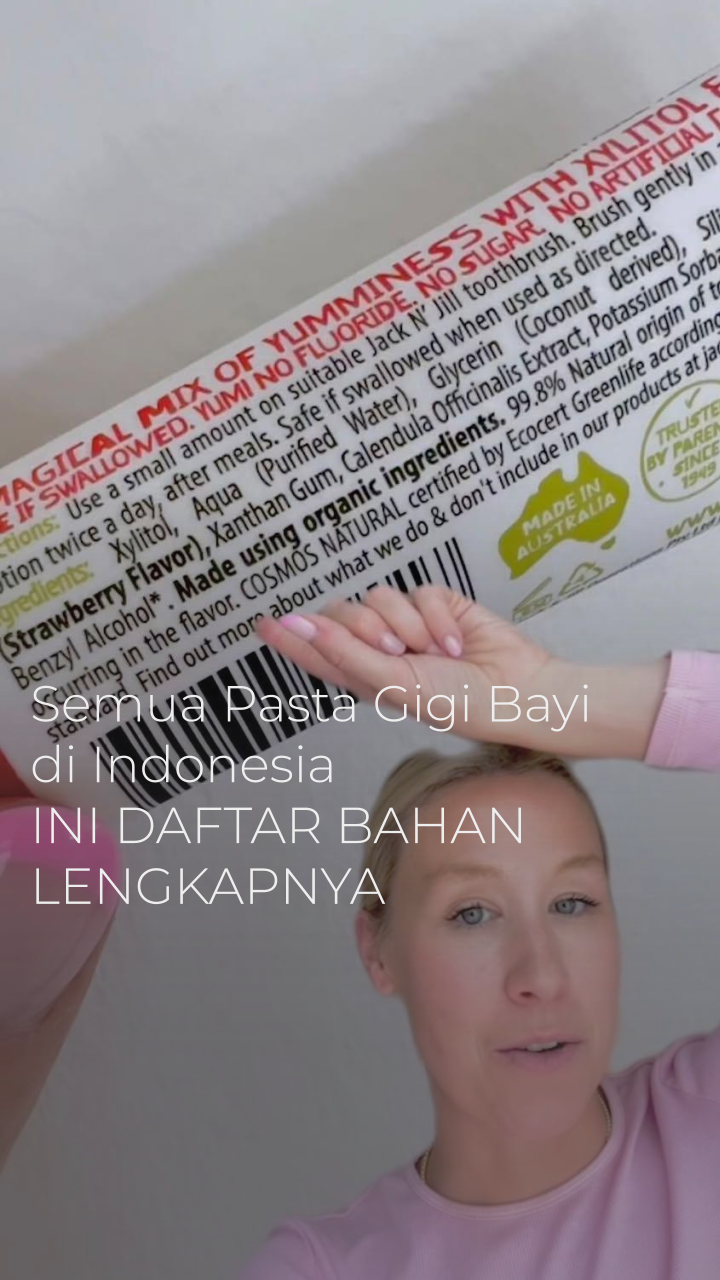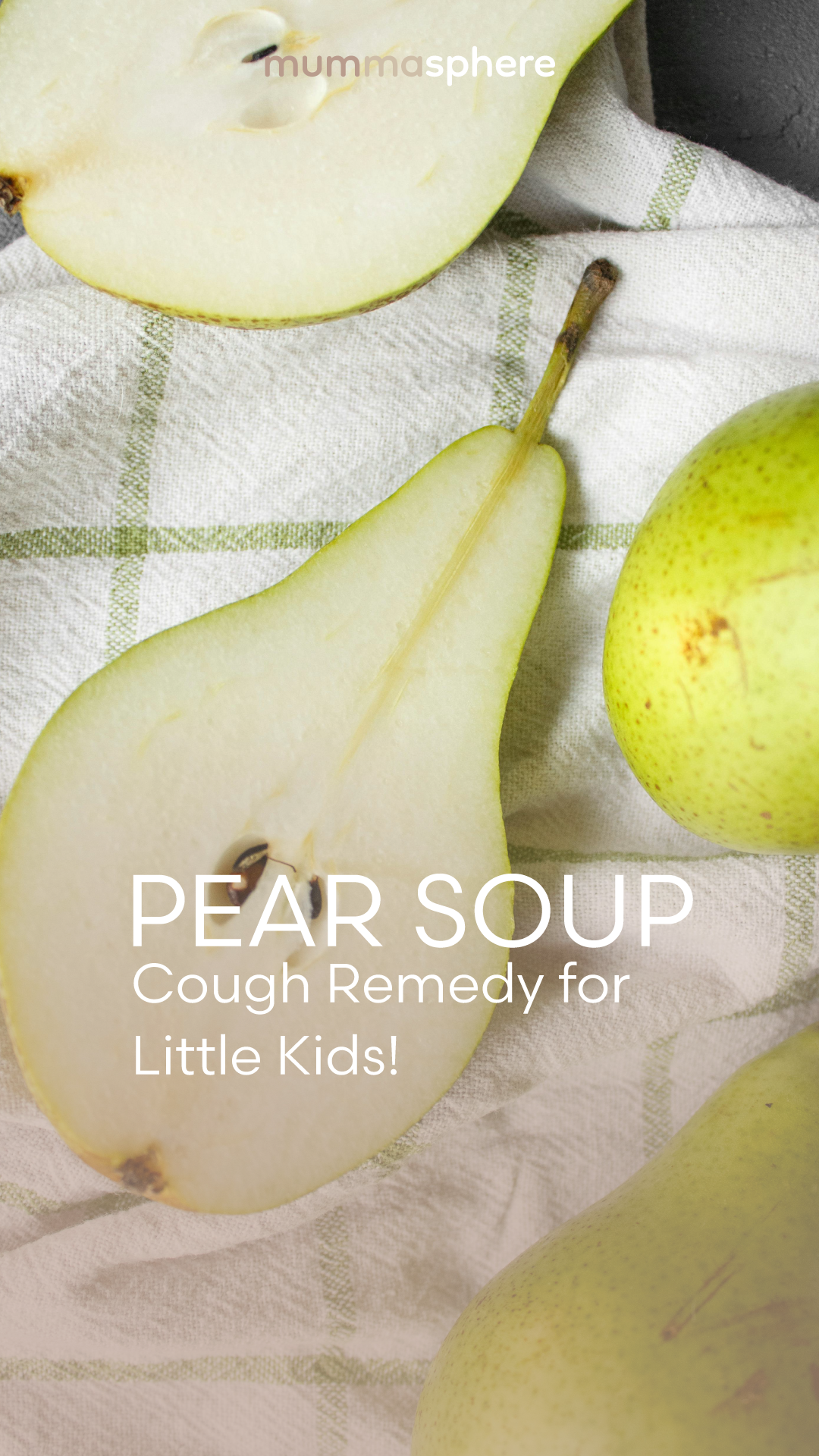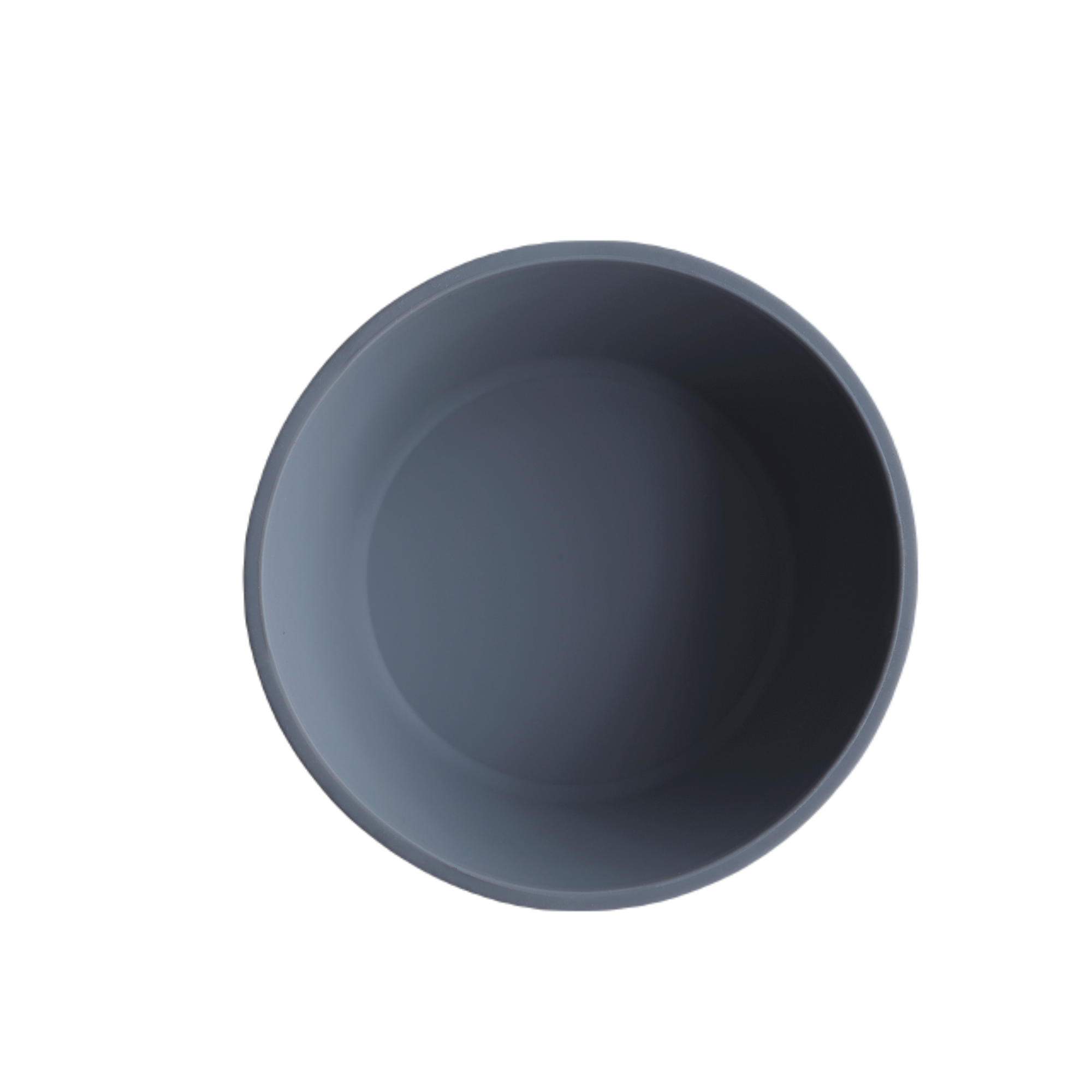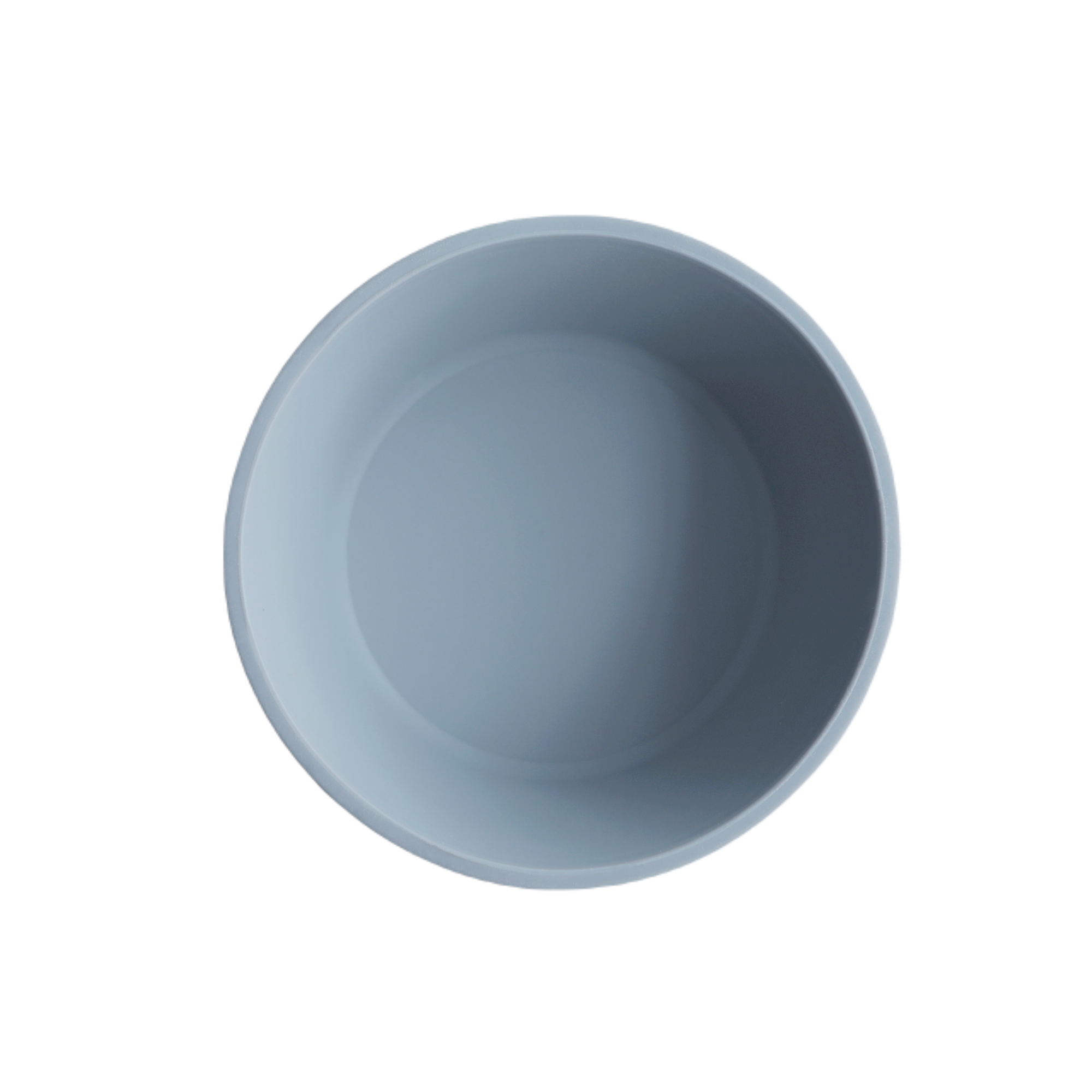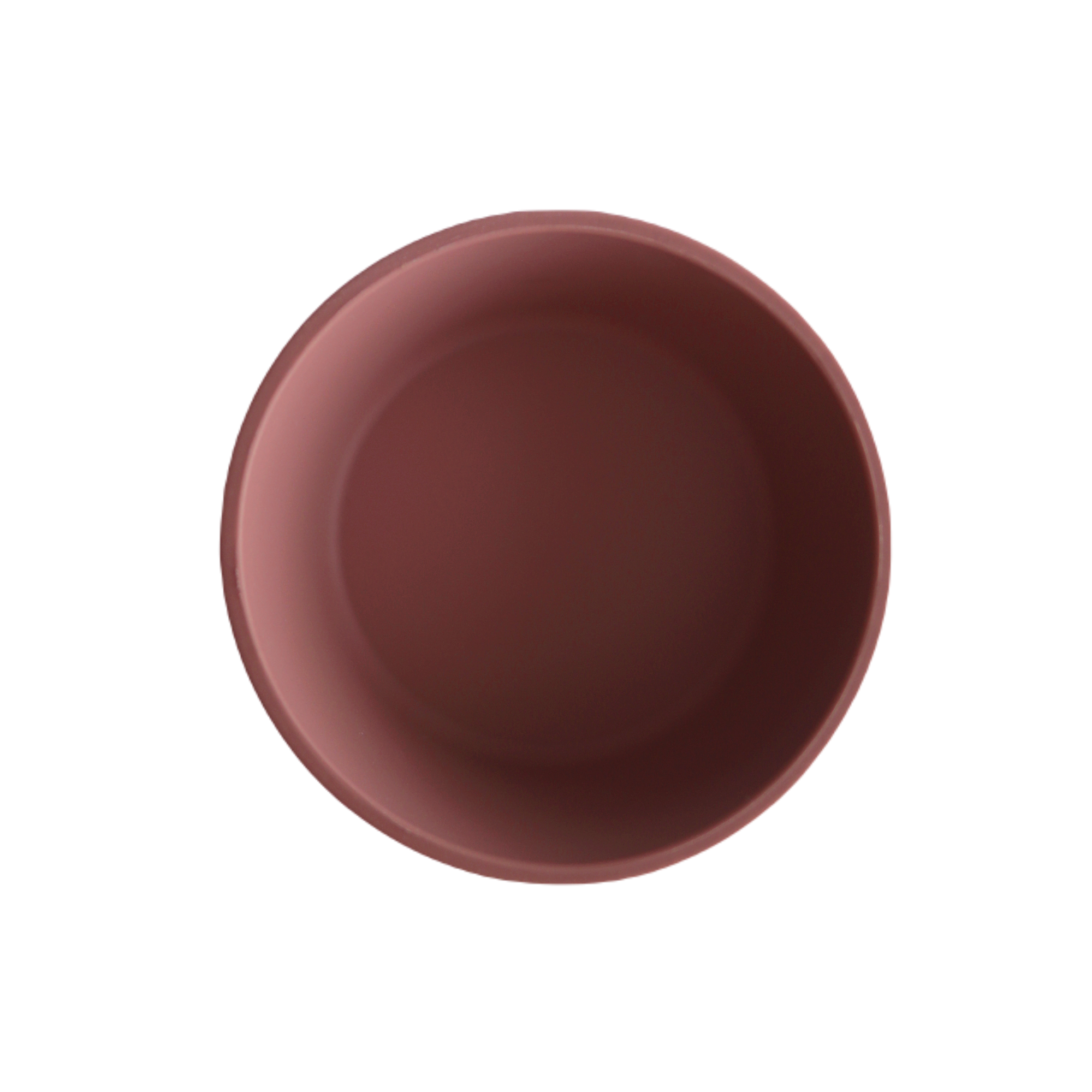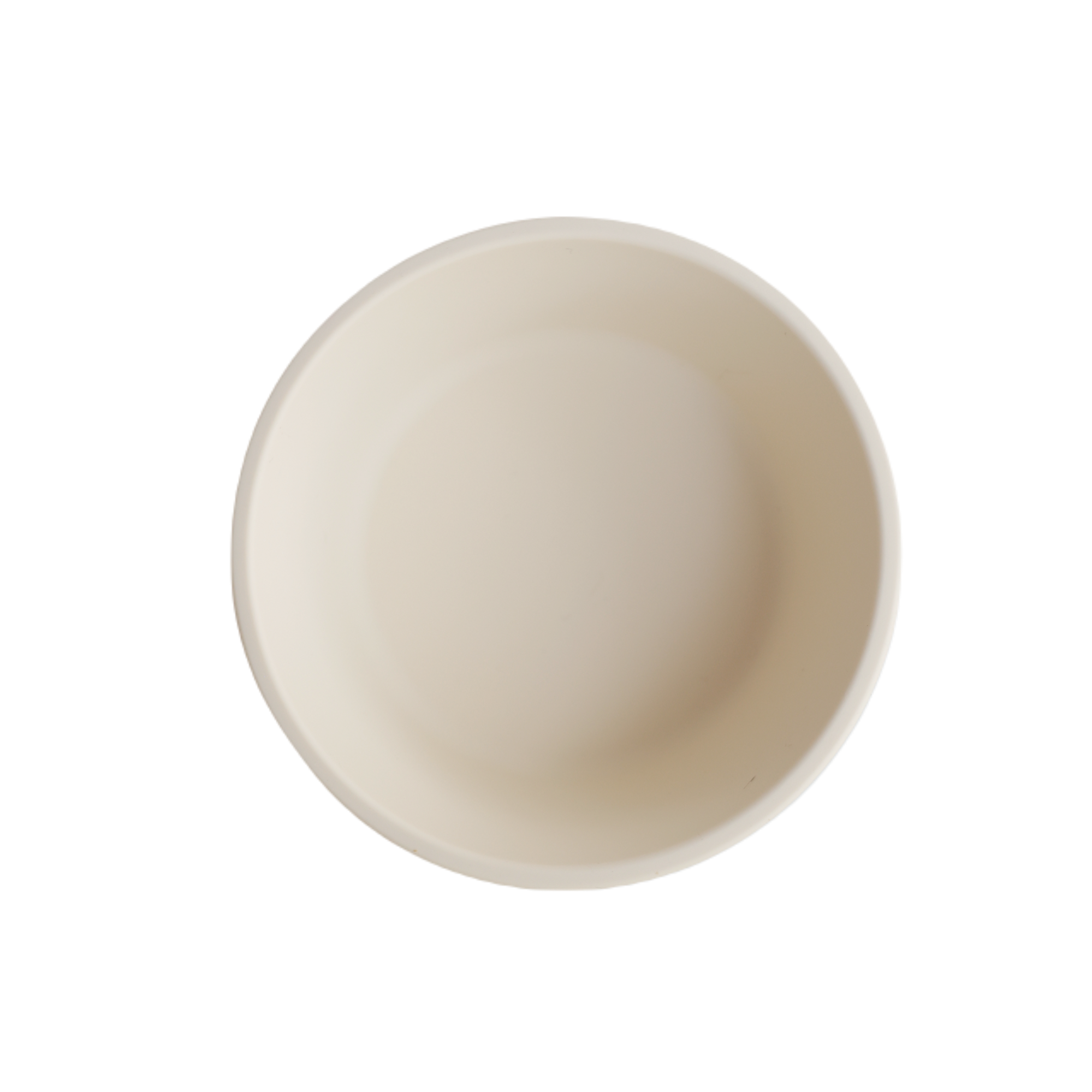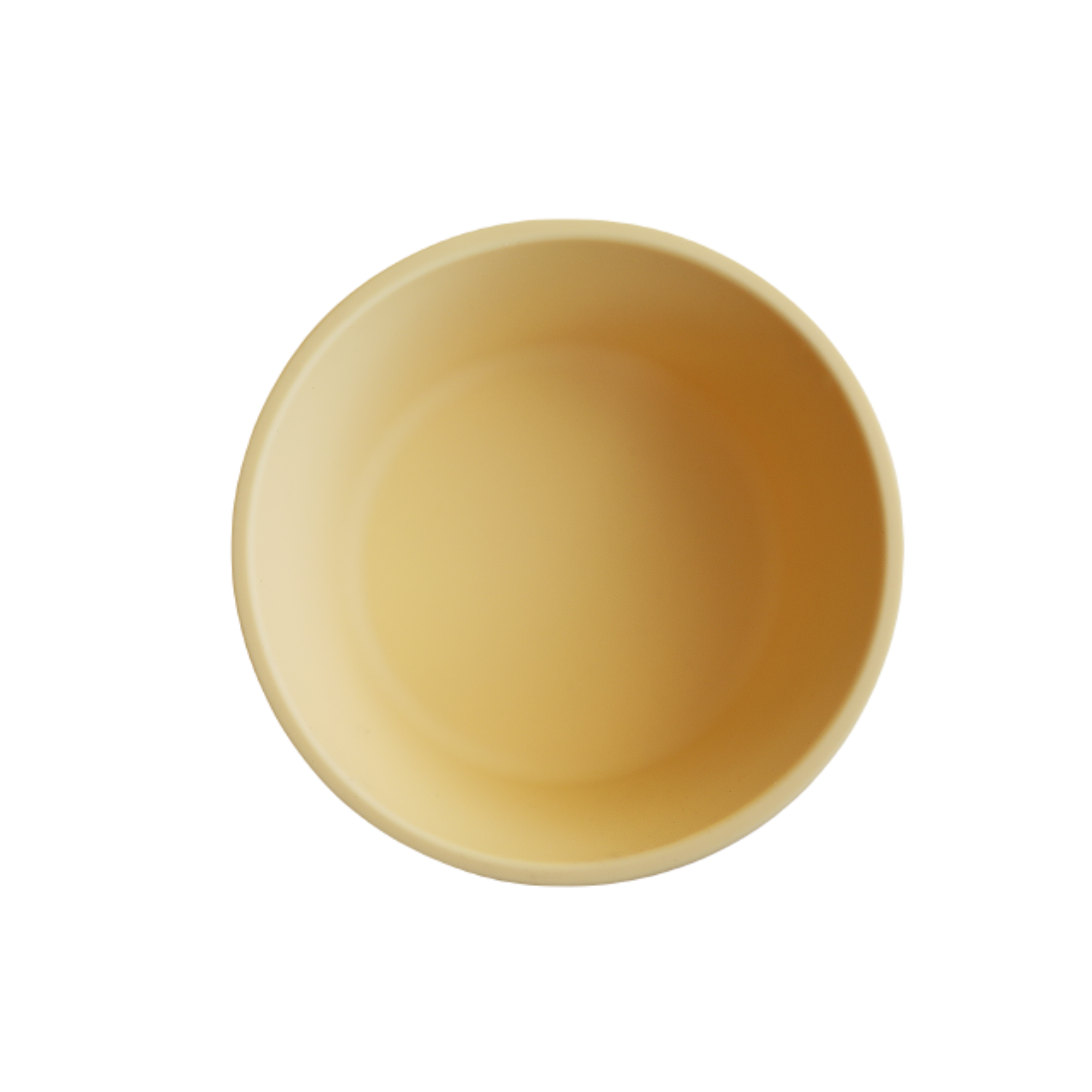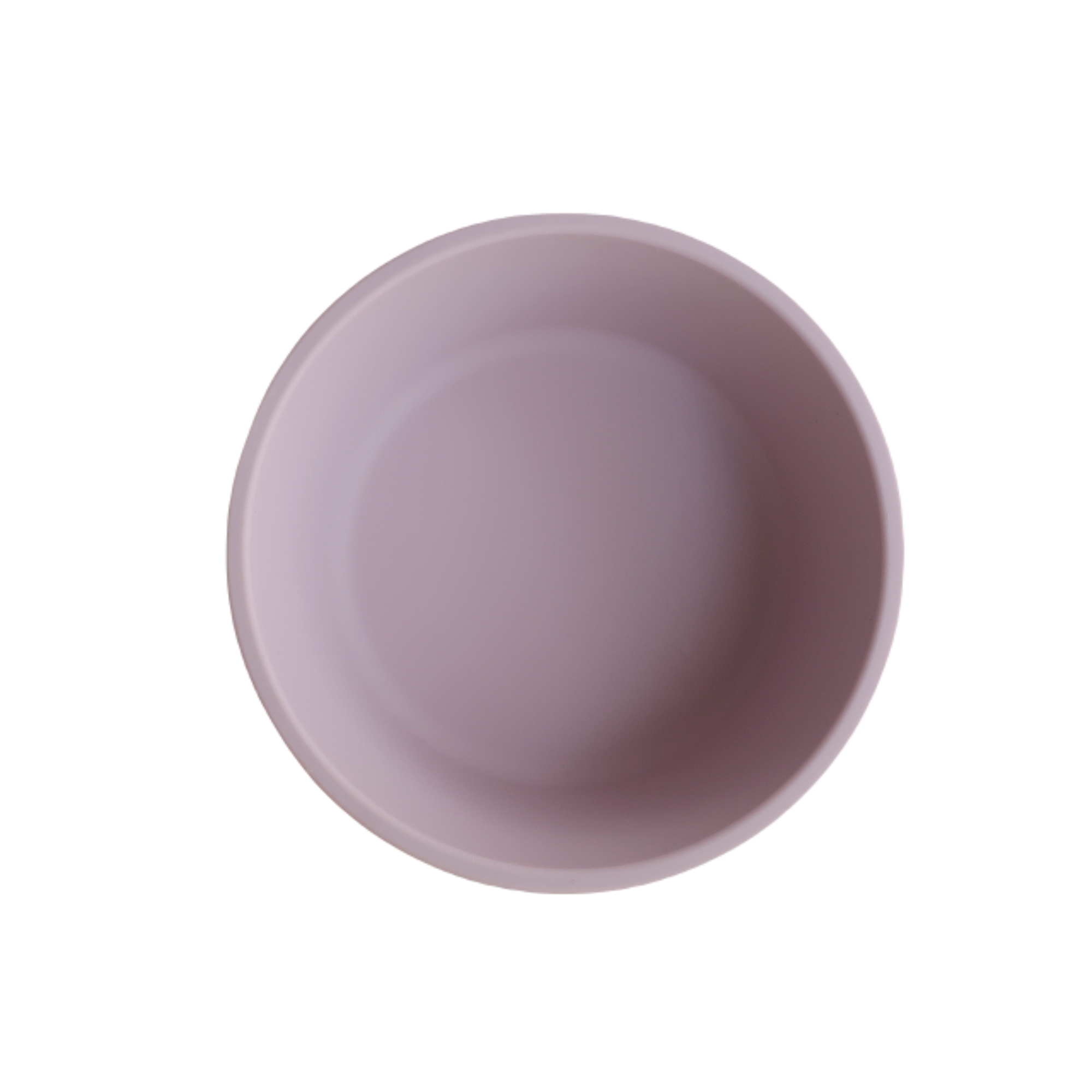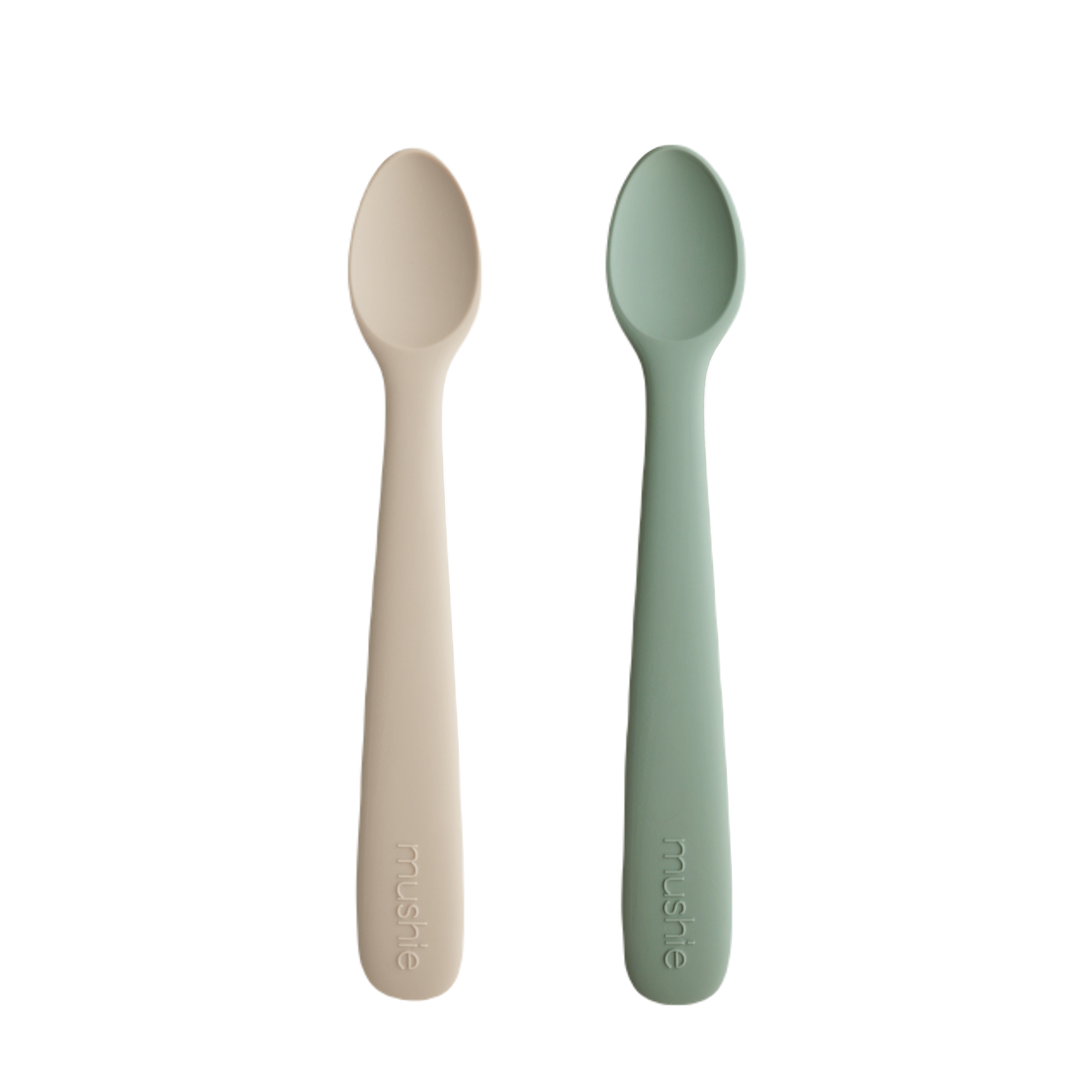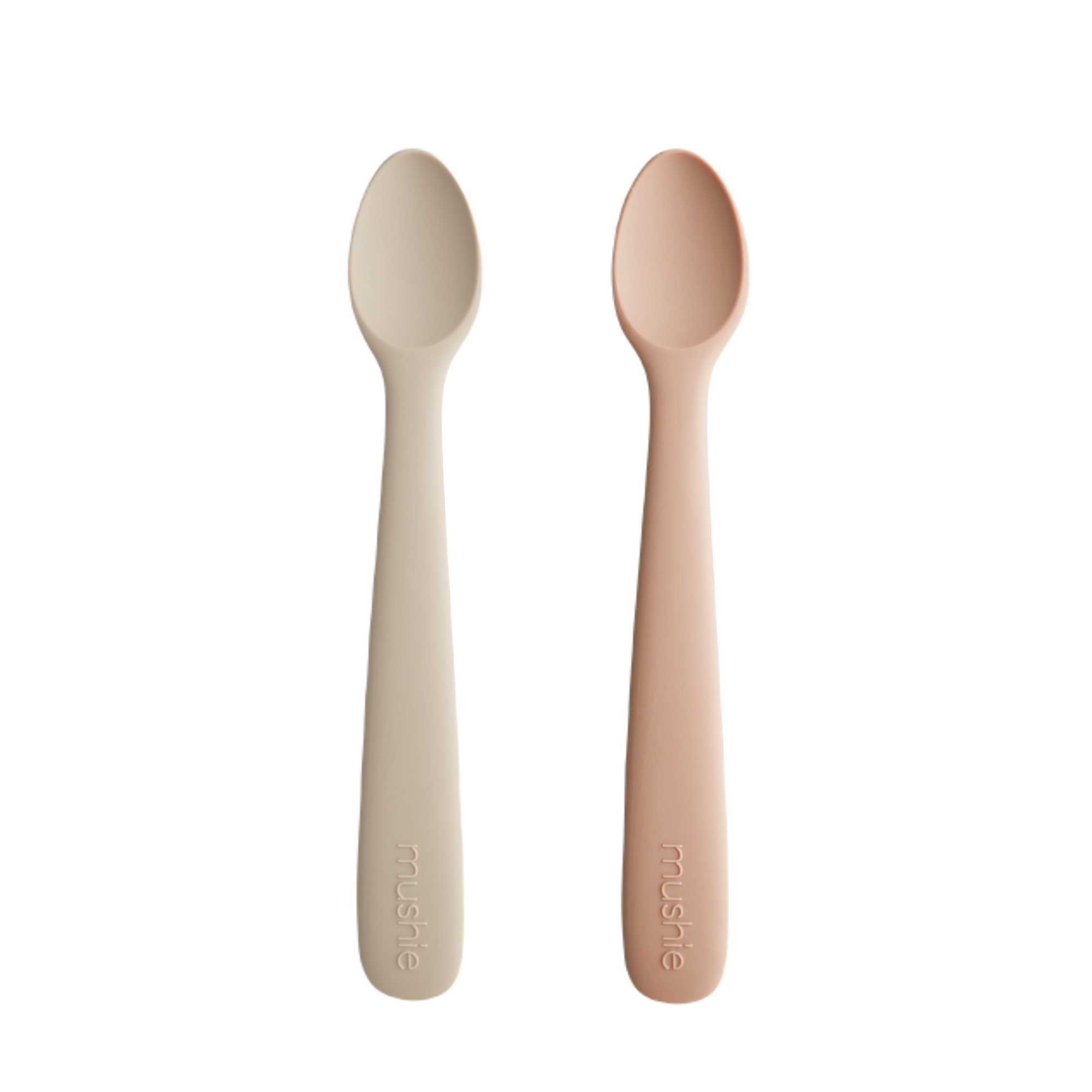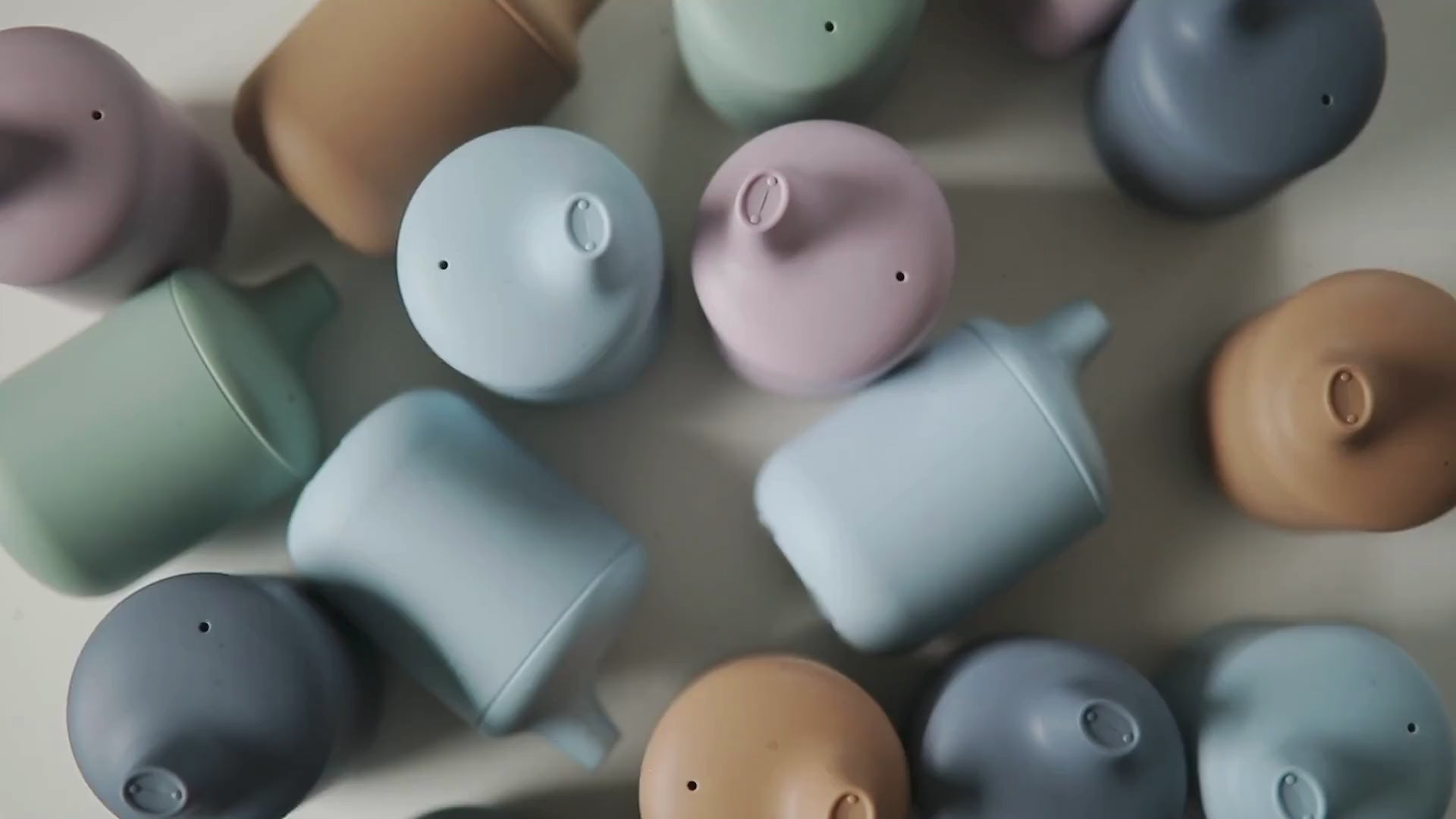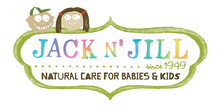As parents, we often look for alternatives to toothpaste that is safe to swallow and are healthier for toddlers who are not good at rinsing their mouths or have blisters. It cannot be denied, children like sweets. Brushing your teeth will be much easier if you use toothpaste with a delicious taste rather than one without a taste. One option that many parents choose is natural toothpaste.
In Indonesia, consumers of children's toothpaste have many alternatives from local production or imported brands. The prices are also very different even though at first glance they seem to have the same claim: "made from natural ingredients". But to what extent can the writing be trusted without certification from an independent body? With the rise of cosmetic factories in Indonesia that offer maklon services at very low costs, the writing "made from natural ingredients" without independent certification has become a must for most cosmetic brands that have just appeared on the market.
" Natural ingredients " can mean 100% natural, or 1% natural, right?
In Indonesia, articles with healthy claims like this are confusing and cannot be trusted because of the weak consumer protection in Indonesia.
Here we will help you understand the differences in terms of price and ingredients, both in food and in children's toothpaste that are said to be safe if swallowed, namely: the type of sweetener used.
In most children's toothpastes, the sweeteners used are artificial sweeteners, such as Saccharin, Sorbitol, Isomalt, Aspartame, or Sucralose, which are claimed to be low in calories and safe for consumption.
However, did you know that the use of artificial sweeteners, especially in toddlers, can pose risks to their physical and dental health ?
Which Children's Toothpaste Contains Saccharin and Artificial Sweeteners?
Many children's toothpastes are sold with only the ingredients listed on the outer box. So parents who throw away the outer box will have difficulty checking the ingredients later.
In this article , you will find an original copy of the back label of a children's toothpaste that is often marketed as "natural."
What Are Saccharin and Artificial Sweeteners?
Artificial sweeteners are sugar substitutes designed to provide a sweet taste without adding calories. Saccharin is one type of artificial sweetener that has been used for a long time. While it may seem like an ideal solution, some studies have shown that long-term consumption of artificial sweeteners can have negative health effects, especially in children.
In 2024, the Faculty of Medicine, University of Lampung published a research journal on the role of artificial sweeteners as a threat to the nutrition and growth and development of toddlers.
Dangers of Artificial Sweeteners for Toddler Health
Here is a summary of the dangers that we have reported from a collection of evidence-based Pubmed journals about the dangers of artificial sweeteners for your family's health.
-
Metabolic Disorders
Although artificial sweeteners are calorie-free, long-term consumption can affect a child's metabolism. They can interfere with the way the body regulates blood sugar, increasing the risk of obesity and diabetes later in life. -
Problems with the Digestive System
Artificial sweeteners, including saccharin, can disrupt the balance of the gut microbiome. A healthy balance of good bacteria in the gut is essential for healthy digestion, and an imbalance can lead to problems like diarrhea, bloating, and poor nutrient absorption. -
Effects on Brain and Behavior
Several studies have linked artificial sweetener consumption to behavioral problems, difficulty concentrating, and hyperactivity in children. This is due to the way artificial sweeteners affect neurotransmitters in the brain that are responsible for mood and focus.
Side Effects of Artificial Sweeteners on Toddler Dental Health
-
Disrupting the Balance of the Oral Microbiome
The mouth has a natural microbiome that helps keep teeth and gums healthy. Consuming artificial sweeteners can disrupt this balance, increasing the risk of tooth and gum problems. -
Increasing Dependence on Sweet Taste
The sweetness of artificial sweeteners, especially Saccharin which is labeled "biang gula" in Indonesia, is much stronger than natural sugar, which makes children accustomed to high levels of sweetness. As a result, they tend to reject healthy foods such as fruits and vegetables that taste less sweet.
Healthy Alternatives to Artificial Sweeteners
Not only in food, in maintaining the dental health of toddlers since starting MPASI, as a wise parent, it is good for you to ensure that the food and dental health products consumed contain natural alternatives that are safer for toddlers. Some options you can try:
-
Fresh Fruit or Fruit Puree
Fresh fruits like bananas, apples, and pears can be used as natural sweeteners. You can also make fruit purees to add to foods or drinks. -
Honey (for children over 1 year)
Honey is a natural sweetener that has health benefits, such as antibacterial properties. However, make sure to only give it to children over 1 year old to prevent the risk of botulism. -
Coconut Sugar
Coconut sugar has a lower glycemic index than regular sugar and contains several important minerals. -
Xylitol
Although often misquoted as a friend of Sorbitol (artificial sweetener), Xylitol is a natural sweetener and can be seen from its much more expensive price. Check out this article from trusted media Healthline which discusses in full what Xylitol is and read the full research in Nature . -
Erythritol
Erythritol is a low-calorie natural sweetener derived from the fermentation of glucose. Like Xylitol, but much more expensive, Erythritol also has antimicrobial properties and may help protect teeth from plaque and caries. Read the research paper on Erythritol here .
Conclusion
While artificial sweeteners may seem like an attractive alternative to reduce sugar consumption, the health and dental risks to toddlers make their use something to consider with caution. Using natural sweeteners and teaching children to enjoy the natural taste of healthy foods is a much better way to support their growth and health.






